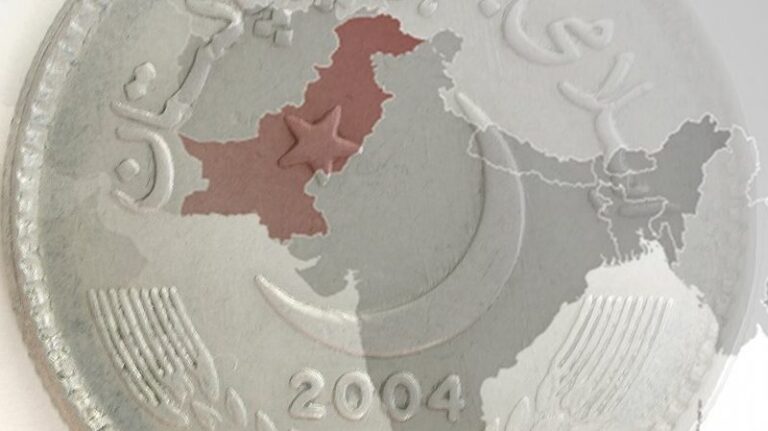Pakistan stands at a critical juncture in its economic history, facing a confluence of challenges and opportunities that require bold and innovative policy responses. From the rapidly growing youth population to geopolitical complexity and the effects of climate change, the stakes are high. The need for policy innovation has never been greater to foster economic recovery and pave the way for sustainable development. This article explores potential avenues for policy innovation in Pakistan and its impact on economic revitalization.
economic situation of pakistan
Although Pakistan’s economy has shown resilience amidst challenges, it continues to grapple with structural problems that hinder its growth potential. Persistent energy shortages, a complicated tax system, low levels of foreign direct investment, and high unemployment rates are among the major challenges facing the country. Furthermore, the COVID-19 pandemic has further exacerbated these challenges, highlighting the fragility of the economy and the need for strong policy responses.
Leverage technology and digital transformation
One of the most promising avenues for policy innovation in Pakistan lies in harnessing the power of technology and fostering digital transformation. With a rapidly growing youth population and increasing internet penetration, there is great potential to leverage technology to drive economic growth, foster innovation, and increase productivity.
Investments in digital infrastructure, such as broadband connectivity and digital payment systems, create new opportunities for business, facilitate access to essential services, and promote financial inclusion. In addition, promoting digital literacy and skills development will ensure that employees have the skills they need to succeed in the digital economy.
Promoting sustainable and inclusive growth
Economic growth is essential, but it must be combined with sustainability and inclusion to ensure the benefits of growth are shared equitably across society. Pakistan’s economy is highly vulnerable to the effects of climate change, with agriculture a key sector at risk. Policies aimed at promoting sustainable agricultural practices, investing in renewable energy, and combating environmental degradation are therefore critical to long-term economic resilience.
Additionally, addressing Pakistan’s high levels of inequality and poverty requires targeted policies focused on social protection, education, and health care. Universal access to quality education and healthcare not only improves population well-being, but also increases productivity and contributes to long-term economic growth.
Fostering innovation and entrepreneurship
Innovation and entrepreneurship are the drivers of economic growth and job creation. Pakistan has a vibrant entrepreneurial ecosystem with a growing number of startups and young innovators. However, the ecosystem faces challenges such as access to capital, regulatory hurdles, and limited market access.
Policymakers have a vital role to play in fostering an environment that fosters innovation and entrepreneurship by providing targeted support to start-ups, simplifying regulatory frameworks, and fostering public-private partnerships. can be fulfilled. Additionally, investment in research and development and collaboration between universities, research institutes, and the private sector can stimulate innovation and foster economic growth.
Improving governance and organizational capacity
Effective governance and strong institutions are fundamental to creating an enabling environment for economic growth and development. Although Pakistan has made progress in improving governance and transparency in recent years, there is still room for improvement.
Reforming public institutions, increasing transparency and accountability, and strengthening the rule of law can improve the business environment, attract foreign investment, and foster economic growth. Additionally, building institutional capacity and promoting evidence-based policymaking can increase the effectiveness and impact of policies aimed at economic recovery.
In conclusion, Pakistan is at a crossroads, facing both challenges and opportunities that require innovative policy responses. By harnessing the power of technology, fostering sustainable and inclusive growth, fostering innovation and entrepreneurship, and improving governance and institutional capacity, policymakers can accelerate economic revival and promote prosperity. You can pave the way to a brighter future.
Now is the time for policy innovation in Pakistan. Bold, forward-thinking policies that address the root causes of economic challenges and leverage the country’s strengths and potential will open up new avenues of growth, create new opportunities for prosperity, and build resilience and resilience for all Pakistanis. We can build an inclusive economy.

